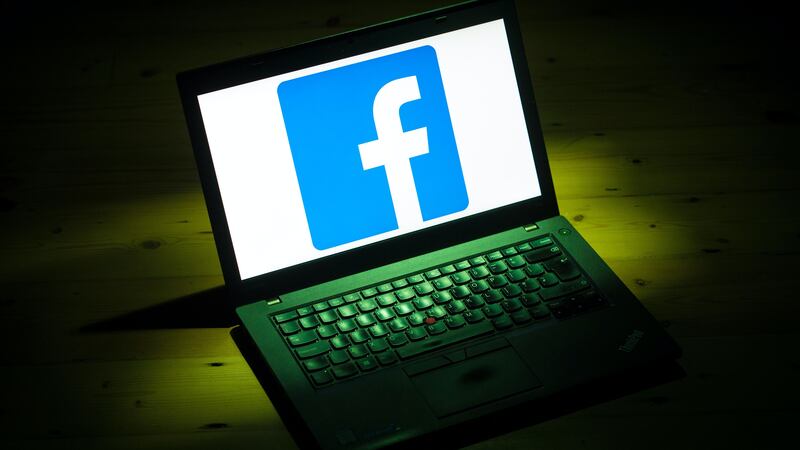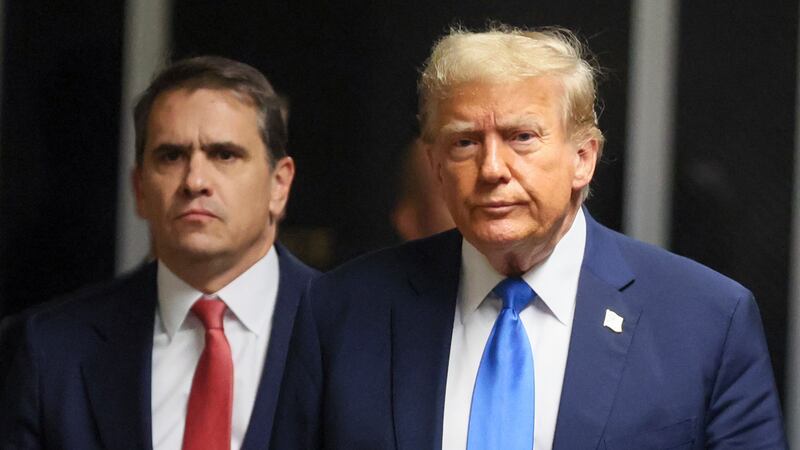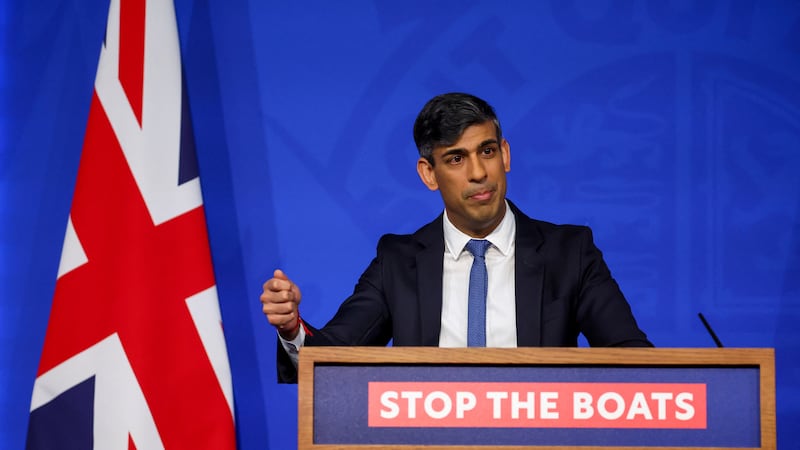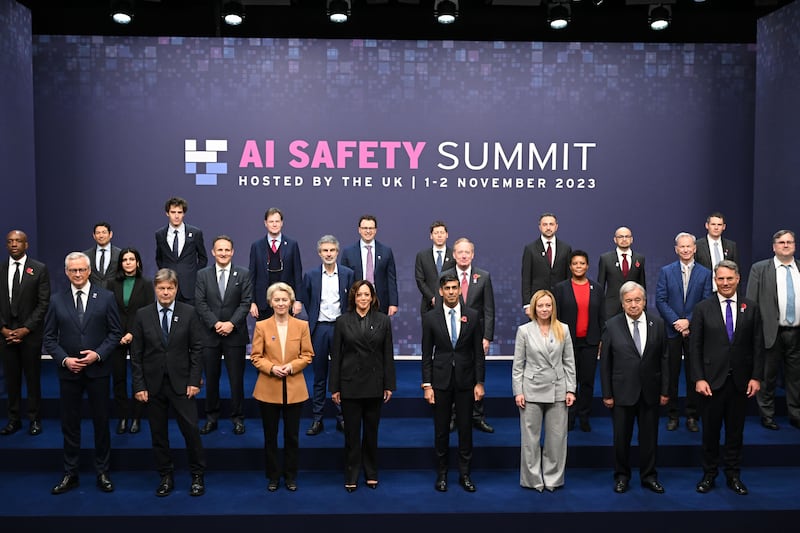Facebook investors are being urged to back a vote against end-to-end encryption plans next week amid concerns about grooming becoming invisible on the platform.
Activist shareholders and experts are demanding the tech giant assess the risk of increased sexual exploitation of children, though they recognise the vote has no chance of winning given that Mark Zuckerberg and other Facebook executives have the majority of voting power.
“The amount of child sexual abuse materials online has been growing at astronomical rate and is directly tied to the growth of the internet 10 years ago,” said Michael Passoff, chief executive of Proxy Impact, a shareholder advocacy and proxy voting service.
.@BlackRock, @Vanguard_Group, @Fidelity and 2 other firms owning total of 25% of @Facebook should vote FOR shareholder resolution urging online giant to weigh risks of more child sex abuse & exploitation if it adopts end-to-end encryption. https://t.co/lWqF25L8sI #ESG #corpgov pic.twitter.com/ljVBBemHcj
— The Hastings Group (@THGNews) May 20, 2020
“There are about 100,000 reports of child sexual abuse materials, but in 2019, there were nearly 17 million reports of child sexual abuse material online, and of that almost 16 million or 94% came from Facebook.”
Mr Passoff warned that more people at home during coronavirus lockdown has led to a “huge surge” in online sexual abuse.
“Facebook is about to make this problem much worse,” he added, calling for a delay and review of the plan.
John Carr, secretary of the UK Children’s Charities’ Coalition on Internet Safety also participated in the call with press, describing Facebook as the “800-pound gorilla in the world of online child pornography”.
“Facebook is proposing to turn its back on children,” he said.
“The company knows that going ahead with its encryption plans means they are giving up the ability to protect children from being enticed by sexual predators.
“And they will also be depriving themselves of the ability to prevent enormous volumes of child pornography being exchanged over their network.”
The NSPCC’s Andy Burrows welcomed the move, saying: “Shareholders are right to express concerns that Facebook’s plans for encryption could sharply increase the risk of child sexual abuse and give offenders a free pass to groom children on both Facebook and Instagram.
“End-to-end encryption of messages will blindfold Facebook to grooming and child abuse images being shared, and until and unless Mark Zuckerberg can guarantee the safety of children he should not press ahead with these plans.”








